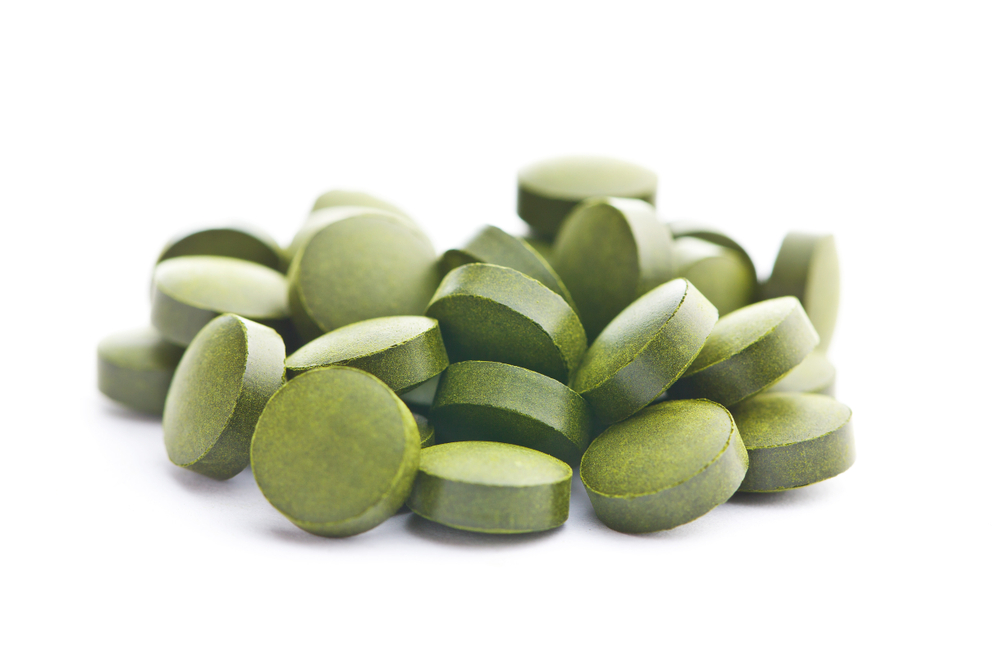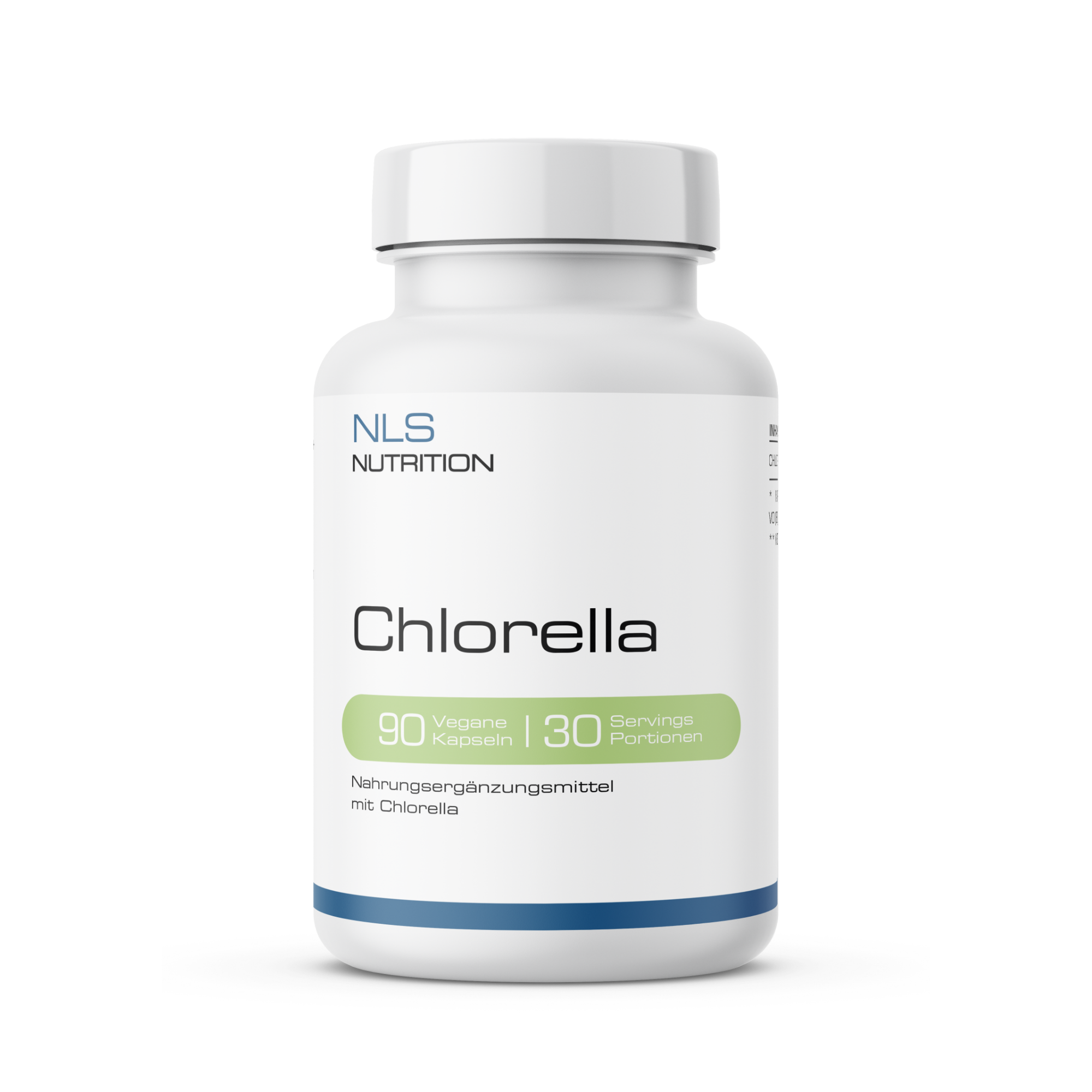
Chlorella as a potential ally in the fight against cancer:
The
diagnosis of cancer is an incisive moment for many people, which
not only brings with it fear and uncertainty, but also means the start of an
often lengthy and energy-sapping therapy. In addition to the
established treatment methods such as surgery, chemotherapy and
radiotherapy, patients and doctors are increasingly looking for complementary
approaches to improve the success of treatment and increase the quality of life of those affected
.
One substance that repeatedly comes to the fore in this context is
the microalgae chlorella. In this blog post, we therefore take a closer look at
what chlorella is, how it is used in cancer therapy and what
scientific findings there are on its effectiveness.
What is chlorella?
Chlorella is a genus of unicellular green algae found in freshwater and other
waters. It is characterised by a high nutrient density and
contains vitamins, minerals, antioxidants, essential fatty acids and a
high level of vegetable protein. Due to these properties, chlorella
is often used as a dietary supplement.
Chlorella
in cancer therapy
The use of chlorella in cancer therapy is based on the assumption that
the nutrients it contains, especially antioxidants, can support the
body's own defences and alleviate the undesirable side effects of
conventional cancer therapies. For example, it is postulated that
chlorella can strengthen the immune system, have a detoxifying effect and contribute to the regeneration of the
body.
Scientific studies on chlorella and cancer
The research on chlorella is diverse and not yet conclusive. Some
studies suggest that certain ingredients of chlorella
may have anti-tumour properties. These include, in particular,
chlorophylls, certain polysaccharides and peptides, some of which have been shown to inhibit tumour growth in laboratory and
animal studies. It is
important to emphasise that many of these studies are not yet transferable to
humans or only provide preliminary results.
Chlorella as an immunomodulator
Another interesting aspect of chlorella is its possible role as an
immunomodulator. A well-functioning immune system is crucial for recognising and fighting
cancer cells. Chlorella is thought to increase the activity
of certain immune cells, such as the natural killer cells
(NK cells), and thus support the immune system in its defence against cancer
. Here too, further studies are needed to prove this effect in
humans and to integrate it into the therapy.
Side effects and risks
Although chlorella is considered relatively safe, cancer patients should always consult
their doctor before taking chlorella or other dietary supplements. In particular, as it may interact with
medications or the algae may contain heavy metals that have been ingested during
production (often in Asia).
There are also reports of allergic reactions and other side effects
such as flatulence or diarrhoea.
Recommendations for use
There are no standardised guidelines for the use of chlorella. The
dosage and the form of intake (e.g. as tablets, powder or in
liquid form) can vary. It is advisable to start with a low dose at
and, if necessary, increase this to
after consulting a doctor.
Nutrition and cancer
It is also important to mention that diet has a significant
influence on health in general and on cancer treatment in particular
. A balanced, nutrient-rich diet can increase well-being
and support the body in its fight against the disease.
Chlorella can be considered part of a healthy diet.
Conclusion
Chlorella as a potential support in cancer therapy is an
exciting but not yet fully researched field. There are indications
of positive effects, but these still require in-depth scientific
investigation. For cancer patients who are interested in taking chlorella
, it is essential to discuss this option with their oncologist at
and always place its use in the context of a holistic
treatment strategy.
In conclusion, chlorella is not a cure and a
person diagnosed with cancer should always seek the advice of an oncologist or medical
professional. The hope for new supportive
therapies remains and science is continuously
working to make the fight against cancer more effective and patient-friendly.
Chlorella may one day be an established part of these efforts - until
then it is important to stay well informed and rely on proven therapies
that are supported by scientific evidence.

